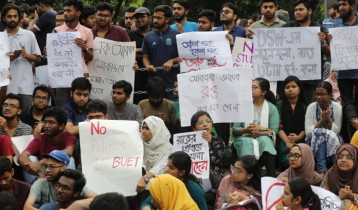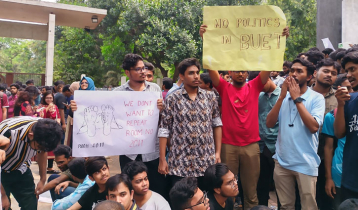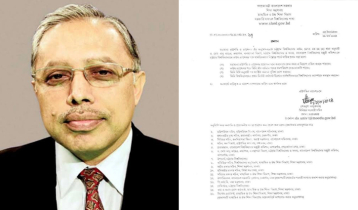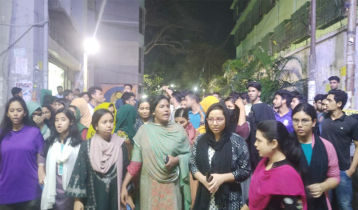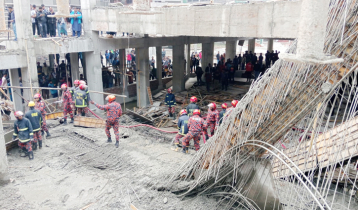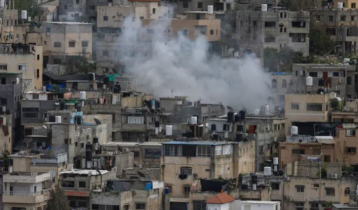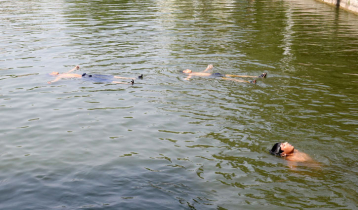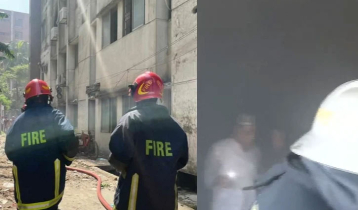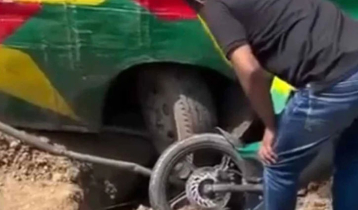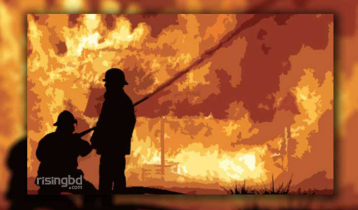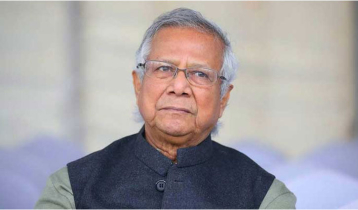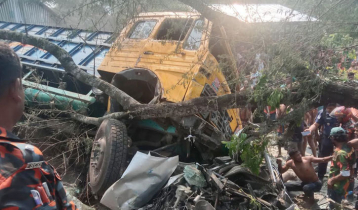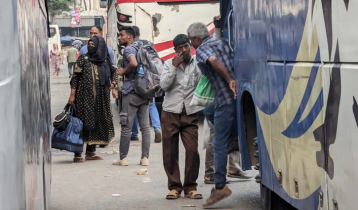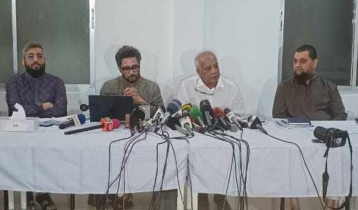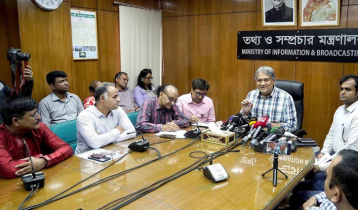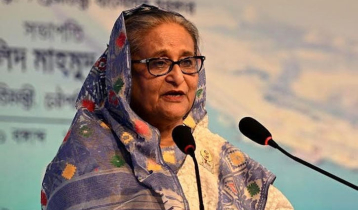Remote learning is a poor substitute for the classroom: survey
Risingbd Campus || risingbd.com
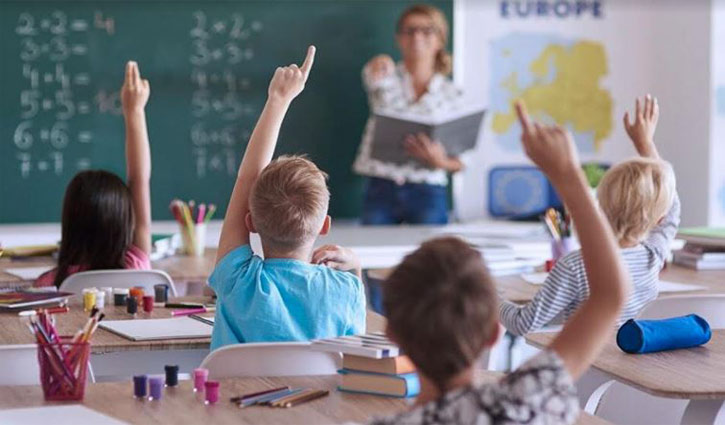
While the education response to the COVID-19 pandemic has varied widely, teachers agree on the high cost of remote learning, especially for vulnerable students. A new survey by McKinsey shows how teachers view the effect of COVID-19 on their students.
Although teachers around the world have different styles and standards for learning, there is one thing on which they seem to agree: a computer is no match for a classroom as a place for kids to learn, according to World Economic Forum (WEF) report.
While many continue to teach students online because of the COVID-19 pandemic—and may be understandably reluctant to return to in-person instruction until they feel safe—the majority of those polled in a new McKinsey survey said that the remote learning experienced over the past year is a poor substitute for being back in the classroom.
We asked teachers in eight countries to rate the effectiveness of remote learning when it was first rolled out in response to school shutdowns between March and July of 2020.
They gave it an average score of five out of ten.1 The grades were especially harsh from teachers in Japan and the United States, where nearly 60 percent rated the effectiveness of remote learning at between one and three out of ten. That barely beats skipping school altogether.
While the quality and support systems around remote learning have likely improved since the start of the pandemic, this is still a striking indictment.
COVID-19 has induced the largest remote learning experiment in history. Faced with a deadly threat, policy makers had to make decisions in the face of significant scientific uncertainty.
While legitimate public health concerns led to school closures, our research suggests that students have paid a heavy price in lost learning. There is also emerging evidence that the stress and isolation of online learning is contributing to mental health issues among young people.
Remote classes have improved as schools adopt best practices but remain difficult for students who struggle with issues such as learning challenges, isolation, or a lack of resources.
Key findings
While COVID-19 continues to keep lessons online, the majority of teachers agree that remote learning is a poor substitute for the classroom.
The majority of teachers feel their students learning has suffered, and that the attainment gap between public and private school students has widened.
There's also concern among educators that the stress and isolation from online learning is contributing to mental health issues among young people.
Risingbd/Mahfuz

